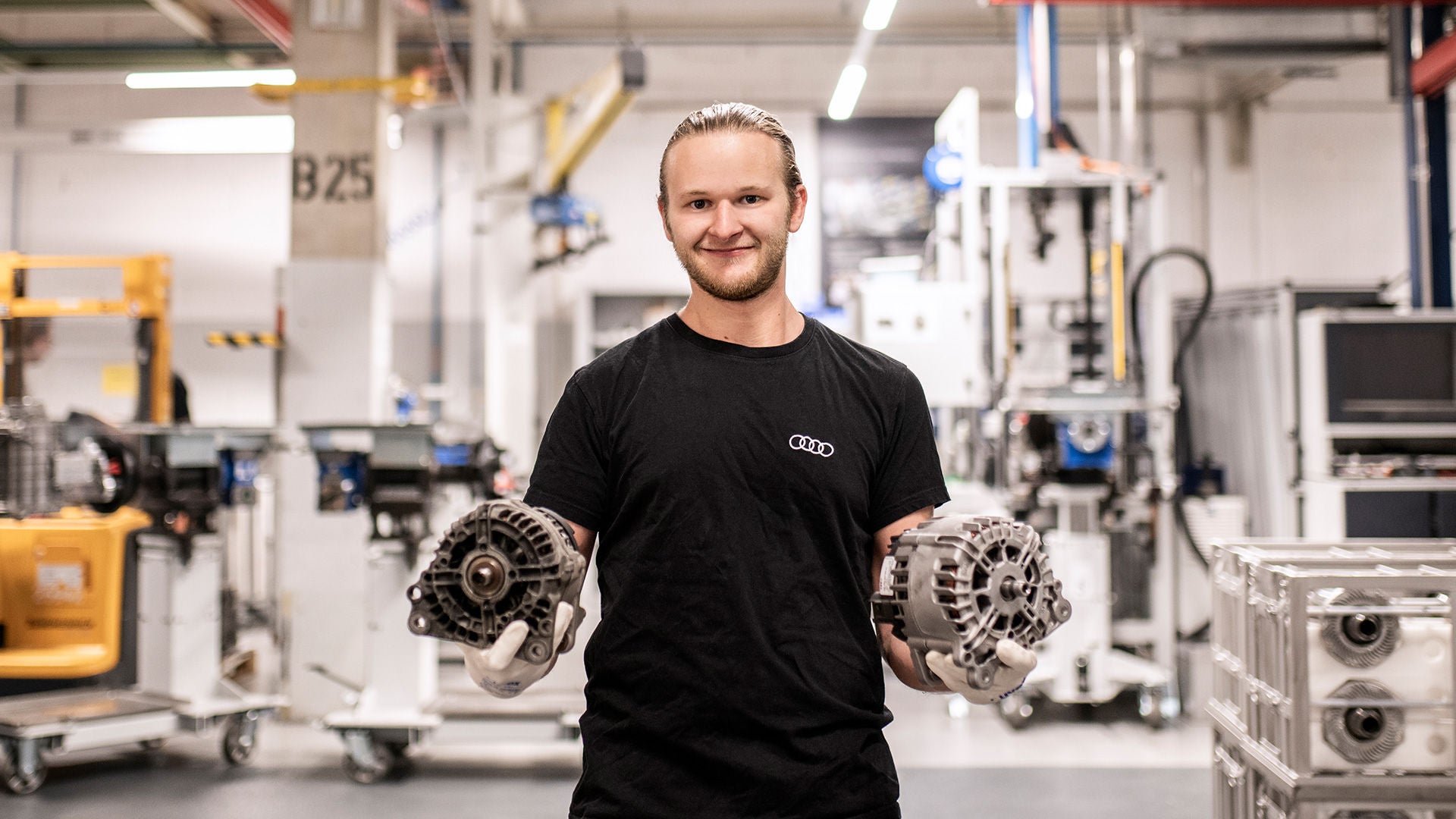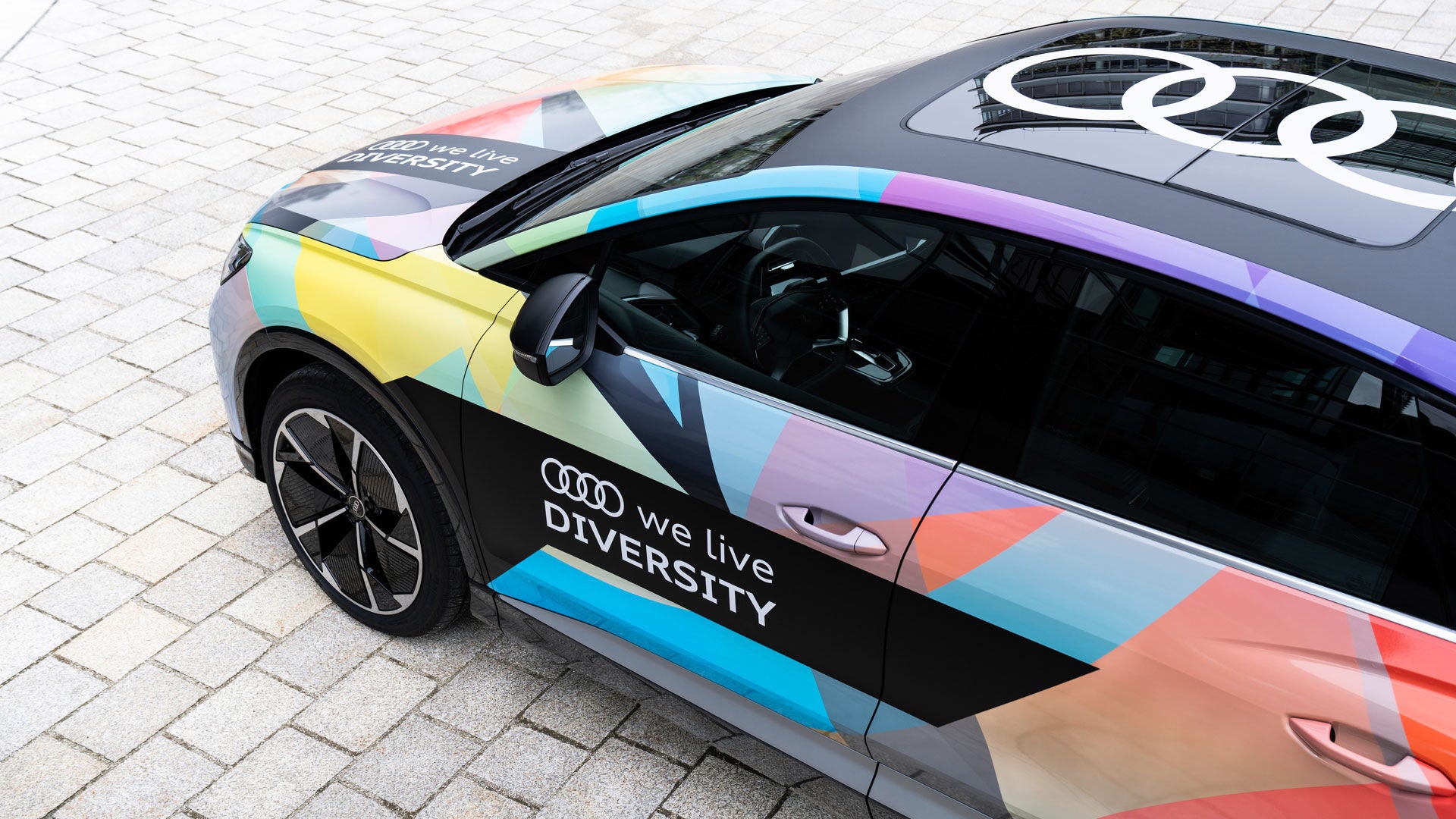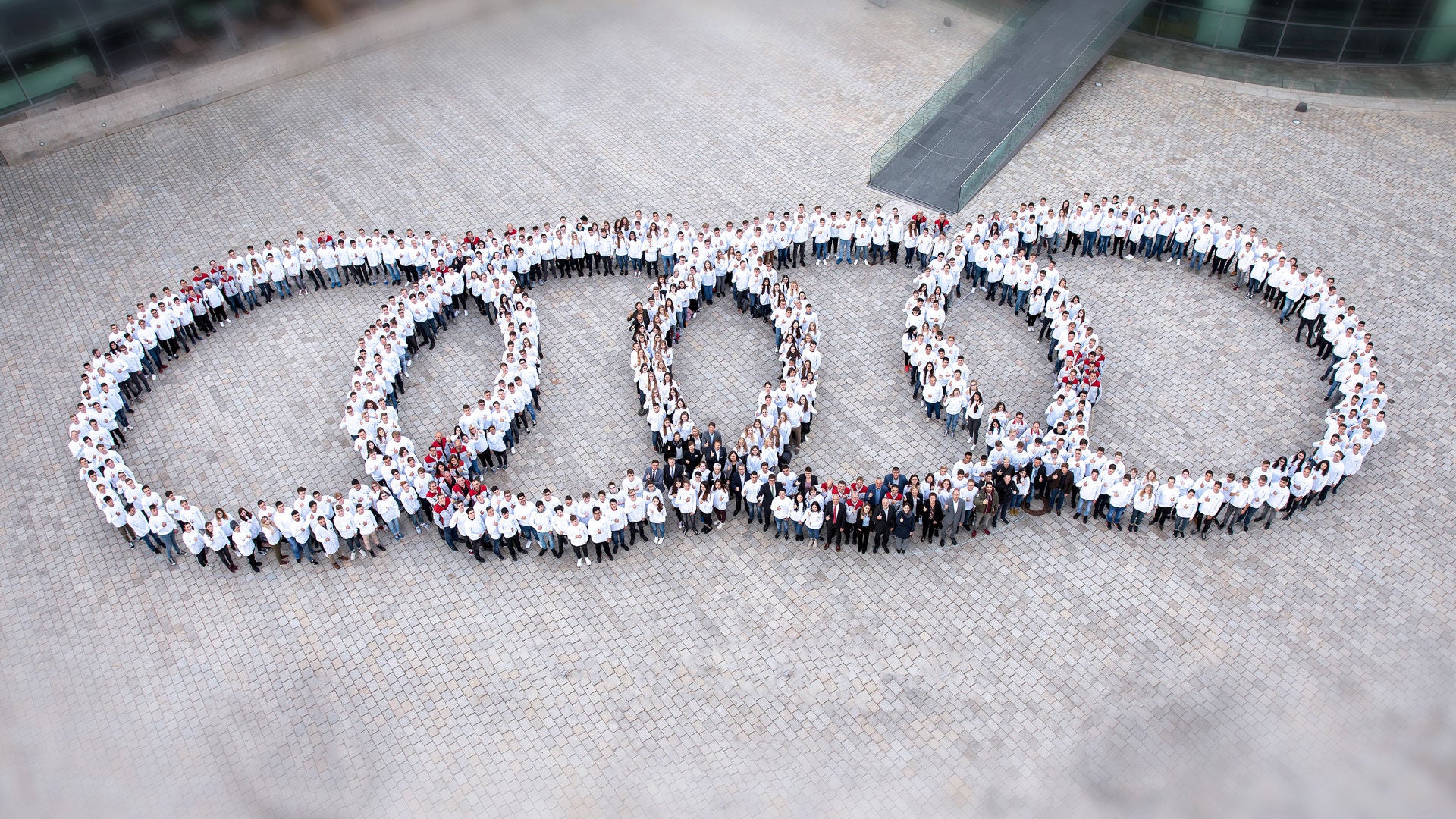
Responsibility in the supply chain
A culture of responsibility
The supply chain at Audi is subject to constant change and is also highly complex because of the large number of processing steps and materials involved. The company interacts with more than 12,400 direct suppliers from more than 60 countries. That adds up to a large responsibility, but at the same time it offers enormous potential to operate sustainably at critical positions. Audi takes this duty seriously and works exclusively with partners that share the car manufacturer’s values.
Audi interacts with more than
Suppliers
Countries
The most important pillars of the sustainability efforts in the supply chain
Sustainable action in the supply chain
The possibilities and starting points for acting sustainably in the supply chain are as multi-layered as the supplier structure. Thanks to the consistent electrification of Audi vehicles, it is here that the majority of CO₂ emissions arise. That is why it is essential as part of the Audi CO₂ program to improve the CO₂ balance sheet in the supply chain even before the vehicles embark on their first kilometers on the road. For Audi, CO₂ emissions and recycled content are binding technical requirements that are specified by Audi and must be ensured and validated by suppliers. The company sees the largest reduction measures in the use of CO₂-reduced aluminum, CO₂-reduced steel, the increased use of secondary materials and the use of renewable energies in energy-intensive materials and manufacturing processes.
S-Rating
Since 2019 the so-called sustainability rating (S-Rating) helps us to check the sustainability performance of our suppliers. Participation in the S-Rating is mandatory and a prerequisite for a mutual business relationship. The individual assessment tools of the S-Rating focus on sustainable action at the company’s sites. The evaluation in the S-Rating determines whether a site is eligible as a supplier or not. On a page set up specifically for this purpose, you will find further information on the S-Rating, on participation and on free training offers that will help you to go through the process and, if necessary, improve your results.
More about S-Rating2024
direct suppliers with completed self-assessment questionnaire (SAQ)
number of audits (on-site) carried out in the course of the S-Rating
Our goal is to lay the foundation for enhanced sustainability and responsibility in a spirit of partnership together with our suppliers.
Johanna Klewitz, Head of Sustainability









